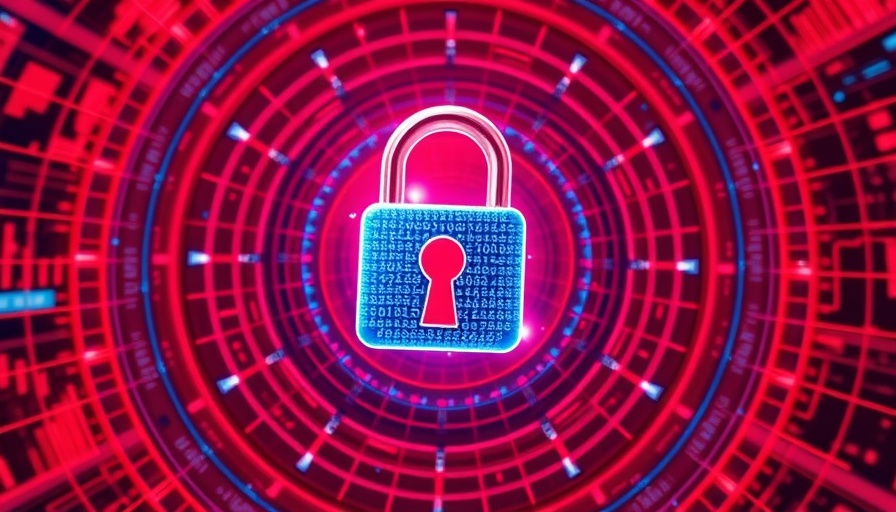
Qilin’s Daring Attack on Japan’s Brewing Giant
In a startling revelation, the Qilin ransomware group has claimed responsibility for a significant cyberattack on Asahi Group Holdings, Japan's largest brewer. This breach has raised alarms about data security and operational resilience within major corporations, especially in vital sectors such as manufacturing. Qilin's assertive approach illustrates the evolving tactics employed by cybercriminals, combining sophisticated technology and psychological manipulation to extort economic power from their targets.
The Attack’s Impact on Asahi
Asahi Group Holdings, employing around 30,000 workers and generating revenue of approximately $20 billion annually, was forced to halt operations at six facilities across Japan due to the cyberattack. On September 29, 2025, the company detected disruptive activities, announcing the suspension of not just production but also vital operations including shipment and customer service.
Following the assault, Asahi confirmed the presence of ransomware and possibly significant data exfiltration. Qilin has reportedly extracted over 27GB of sensitive information, including confidential financial documents and employee data, asserting that these files would cause extensive financial impacts, estimating losses to reach up to $335 million due to production disruptions affecting numerous brands.
Confronting the New Cyber Threat Landscape
This incident underscores the current cybersecurity challenges faced globally, particularly in the manufacturing sector where complex systems are often insufficiently fortified against such aggressive attacks. As Qilin, which emerged in 2023, continues to execute its malicious campaigns—including past assaults on Nissan, Lee Enterprises, and various NHS hospitals—companies must re-evaluate their data security measures and incident response strategies.
The ransomware group operates on a Ransomware-as-a-Service (RaaS) model, offering tools to affiliates which raises questions about accountability and support in these attacks. Such structures of organized cybercrime make it crucial for businesses to invest in training employees on recognizing potential phishing attacks and strengthening their cybersecurity protocols.
Preventative Measures and Corporate Responsibility
In light of this attack, firms like Asahi and others in similar sectors must enhance their preventative measures. Implementing robust data encryption, regular software updates, and employee training on cybersecurity best practices can significantly mitigate risk exposure. Furthermore, establishing transparent channels of communication with stakeholders during crises strengthens public trust and operational integrity.
Awareness as the First Step
Asahi’s experience serves as a critical lesson for companies across all industries. Understanding ransomware's mechanisms—primarily through phishing schemes—articulates the need for continuous education around digital privacy. For many businesses, the question isn’t if they will face a cyberattack, but when. Preparing through prevention and responsive strategies is essential to conserve both operational productivity and customer confidence.
Protecting data is not solely an IT department's responsibility but a collective corporate endeavor. Thus, every employee must recognize their role in safeguarding the organization’s sensitive information. Even stakeholders in less tech-centric fields should comprehend how ransomware attacks can cascade through sectors, affecting much more than just a single enterprise.
Final Thoughts on Cybersecurity’s Future
As the digital landscape continually evolves, the threats posed by groups like Qilin serve not just as warnings but as calls to action. The vulnerability of critical infrastructures underscores the importance of vigilance, adaptation and a proactive stance against cybersecurity threats.
In conclusion, as individuals and businesses become more aware of the potential impact of cybercrime, it is imperative to prioritize personal and corporate security measures. By doing so, we can hopefully navigate future threats with resilience and safeguard the integrity of our digital lives.
 Add Row
Add Row  Add
Add 




Write A Comment